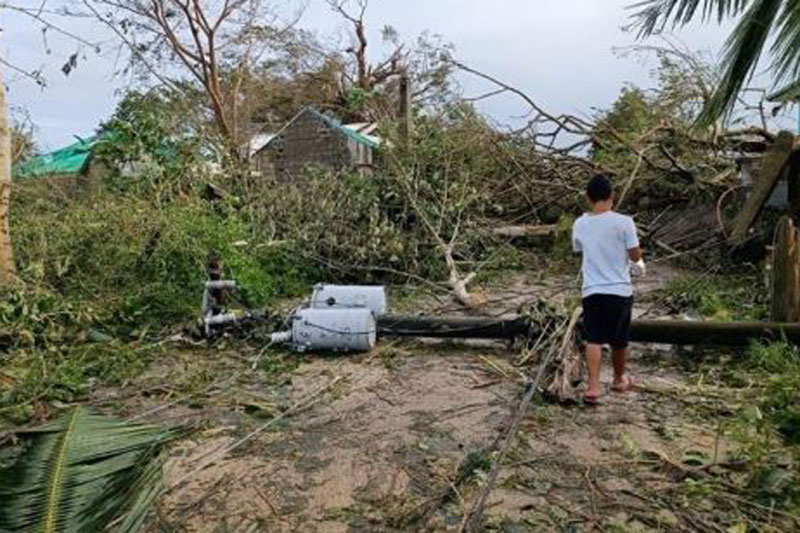PHL renews commitment to Sendai Framework on disaster management

THE PHILIPPINE government has reaffirmed its support to the Sendai Framework, which aims to help reduce disaster risks and build resilience, the Department of Environment and Natural Resources (DENR) said over the weekend.
In a statement, the DENR said the country has extended the commitment towards a “more comprehensive and robust disaster management and emergency response system” during the midterm review of the framework held in New York on May 18-20.
The Sendai Framework for Disaster Risk Reduction is a 15-year agreement between members of the United Nations. It outlines seven strategic targets, four priorities for action, and 38 indicators for measuring progress on reducing disaster risk and losses.
According to the DENR, the Philippines has committed to implement systems that would reduce the impact of calamities to all sectors, especially socially vulnerable groups.
The delegation led by DENR Secretary Maria Antonia Yulo-Loyzaga reported that tropical cyclones, topped with the COVID-19 pandemic, has offset the country’s social progress and “drove more than three million Filipinos back into poverty.”
This setback, however, is the same impetus for the Philippines’ renewed commitment to a comprehensive risk management program, she said.
At the New York meet, the delegation reported the Philippine government’s investments in early warning systems and prioritizing resilience strategies in the country’s development plans and finance roadmap from 2015-2022.
“We enabled data-driven decision-making and open science through GIS (geographical information system) platforms such as Georisk Philippines and established the Philippine Space Agency,” the Philippine delegation said.
“Coupled with end-to-end multi-hazard early warning systems and impact-based forecasting, we are able to design new forms of social protection, set engineering standards, and pursue subnational risk financing,” it added.
The Philippines is set to host the biennial Asia-Pacific Ministerial Conference on Risk Reduction in October next year. Among the agenda is to assess progress on the implementation of the Sendai Framework.
The conference is expected to draw around 3,000 delegates from over 50 countries that will include intergovernmental, international, and national organization. — Sheldeen Joy Talavera



